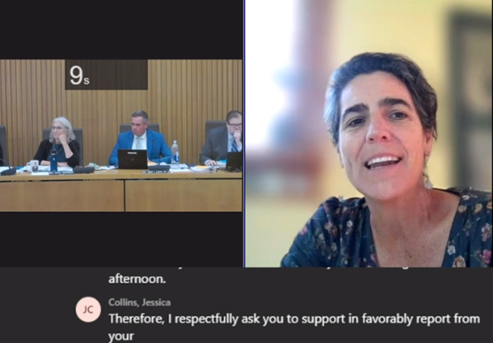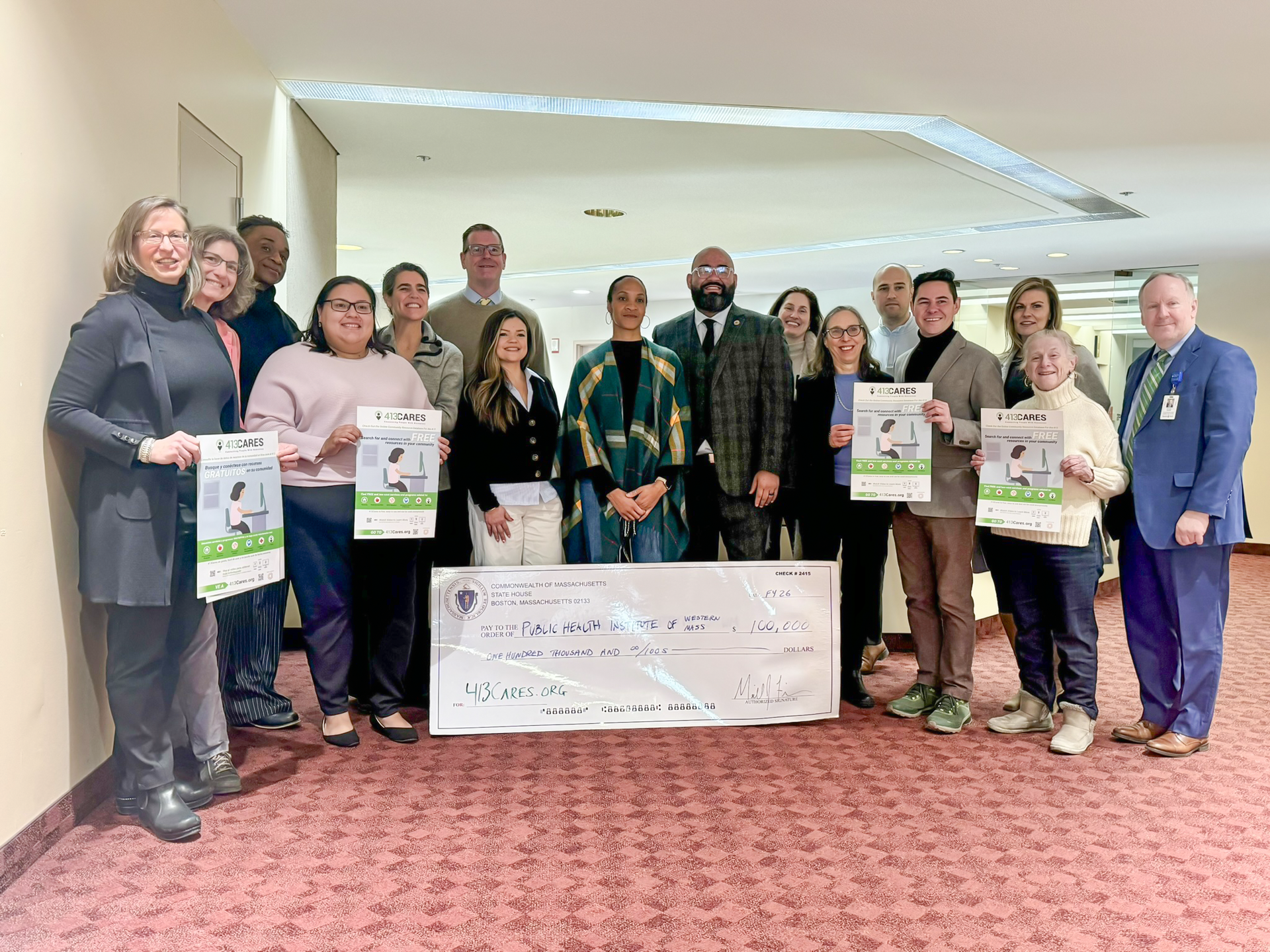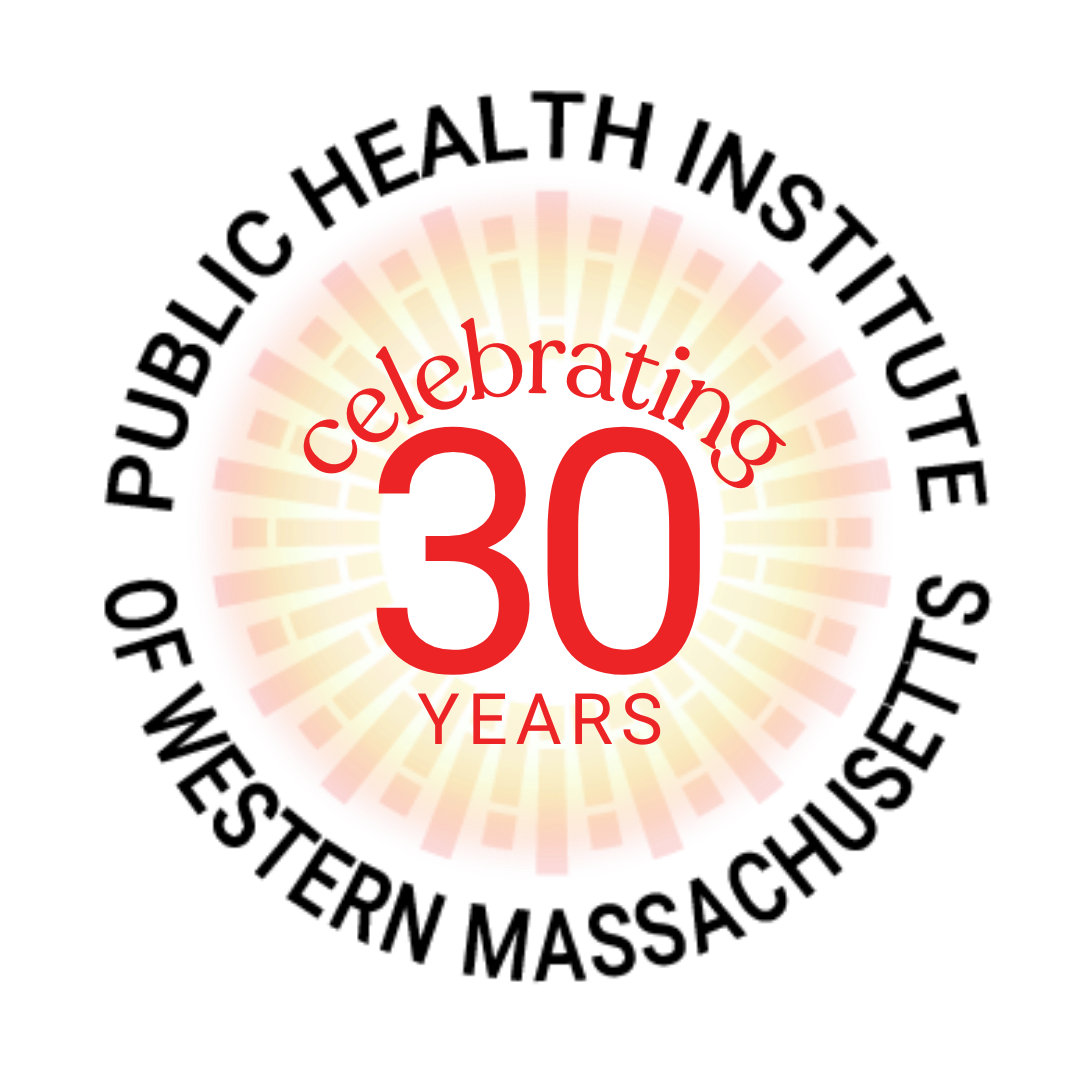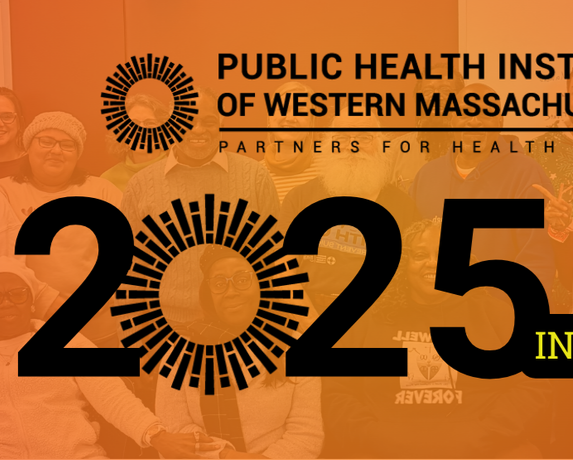Advocating for Health Equity and Green & Healthy Schools

This week PHIWM staff provided oral testimony in support of two policies that will improve public health in our region.
Executive Director Jessica Collins spoke to the Joint Committee on Health Care Finance about the need to pass An Act to Advance Health Equity (H.1250/S.799). Among other things, this legislation would create an Executive Office of Equity reporting to the governor and would also standardize health equity data collection and reporting. Springfield Representative Bud Williams is one of the lead sponsors of this bill. More information | Jessica’s testimony
Speaking on behalf of the Pioneer Valley Asthma Coalition and PHIWM, Senior Director of Strategy & Development Sarita Hudson spoke to the Joint Committee on Education in support of the “Green & Healthy Schools bill” (H.469/S.242).” This legislation seeks to establish an interagency work group to advise school districts and others how to “provide students with a healthy environment that is conducive to learning, protects safety and public health, and efficiently uses energy and natural resources.” Both lead sponsors for this bill represent Western MA—Senator Jo Comerford and Representative Mindy Domb. More information | Sarita’s testimony
If you would like to provide written testimony for either of these bills before the end of this month, please contact PHIWM Policy Director Andrea Freeman.
share this
Related Articles




